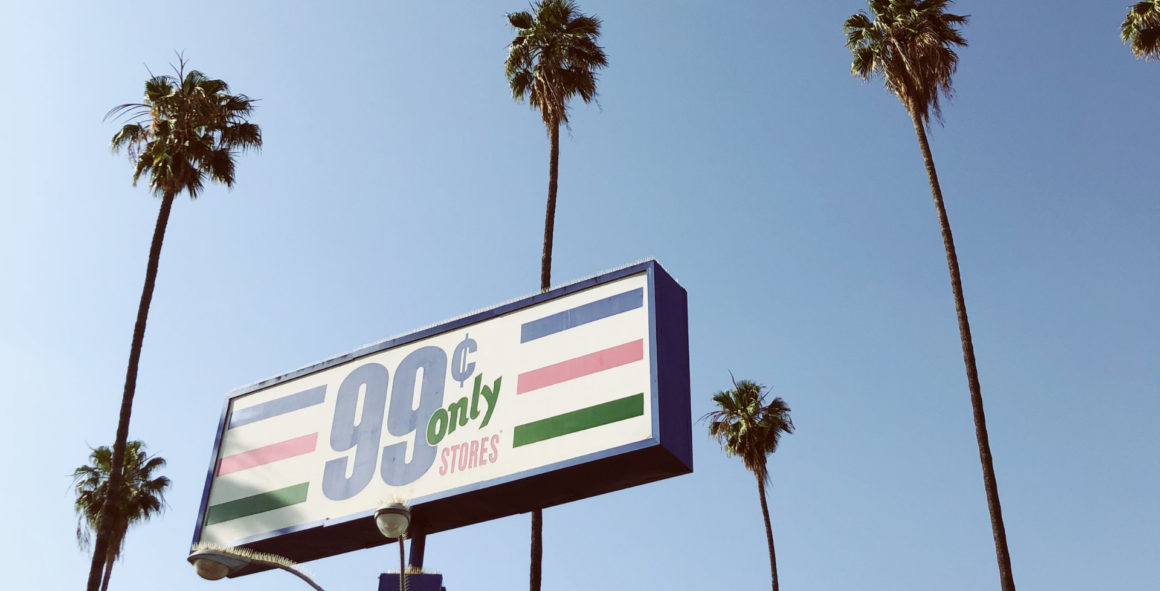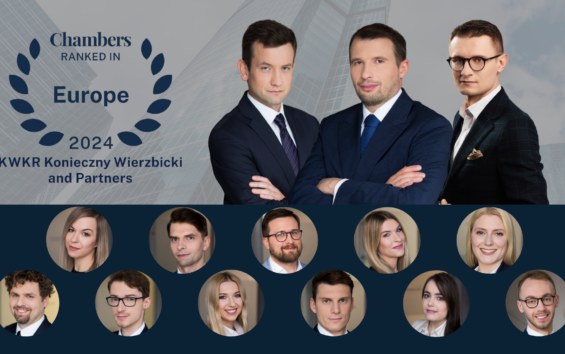
Marketing campaigns are for many entrepreneurs a factor that determines whether a product will find a profitable number of buyers. However, the ads themselves are governed by their laws. Therefore, when planning to start a marketing activity, it is worth knowing the applicable regulations on advertising and promotion. For this reason, that violation of some regulations may be met not only with a civil lawsuit from a competitor, who recognized that his interests are threatened. It can also be the basis for administrative penalties and even criminal sanctions.
Particular caution should be exercised by suppliers of goods or services that for some reason in the public perception are considered harmful or addictive. We are talking about alcohol, tobacco products, gambling games, and even… solariums.
What to remember when preparing an advertisement
Polish law contains regulations that set out the rules for advertising each product or service. The most important regulations are here:
- the Act on Fighting Unfair Competition of 16 April 1993;
- the Act on Counteracting Unfair Market Practices of 23 August 2007.
The Act on Fighting Unfair Competition specifies a certain list of circumstances. Through this list, unauthorized advertising is considered an act of unfair competition. This in turn entitles a competitor whose interests have been infringed by a given advertisement to bring a civil action.
The Act on Counteracting Unfair Market Practices, in turn, establishes rules to protect consumers from manipulation by entrepreneurs. Using unfair market practices is an offense punishable by a fine.
No manipulation
Under the Act on Fighting Unfair Competition, it is an act of unfair competition if an advertisement is:
- contrary to the law,
- contrary to good practice,
- an act contrary to human dignity.
An advertisement may not mislead the buyer, i.e. provide false information that may influence the buyer’s decision to purchase a specific product or service. Advertising that takes advantage of a child’s gullibility is unacceptable. It is also forbidden to use superstitions or appeal to someone’s feelings. So it is forbidden, for example, to arouse fear of something and to offer the advertised product as a solution.
Nor can an advertisement be a seemingly neutral statement that encourages a customer to purchase a product or service offered by an entrepreneur.
Not fighting with competitors
Comparing your products and services with those of your competitors is permissible, but only under certain conditions. Among other things, it must not be misleading. In addition, it must fairly and verifiably compare products that serve the same purpose. The comparison must relate to objectively verifiable characteristics. It also may not disparage a competitor’s products or services to “prop up” someone else’s reputation.
The need to distinguish what is true and what is false
The Act on Counteracting Unfair Market Practices regulates the matter in a similar but more detailed way. Here, too, there is a ban on using misleading advertising in a manner that could affect a consumer’s decision whether to enter into a contract with an entrepreneur. The Act also establishes a ban on surreptitious advertising. Therefore, publicity in the mass media may not be used to promote a product where the trader has paid for such promotion and it is not clear from the content or images or sounds easily recognizable by the consumer.
A qualified form of unfair market practice is aggressive practices. These include directing a message encouraging the purchase of products or services directly to a child. In addition, behaviors that could cause fear in the customer (e.g. by suggesting that if the customer does not purchase the product, he will lose his job or his life) are considered aggressive practices.
Products for which advertising is prohibited
There are some products for which advertising is completely prohibited. These include alcoholic beverages (except beer), tobacco products, and certain gambling games (dice games, card games, cylinder games, slot machine games). The ban on advertising these products is subject to criminal liability indicated in the Act on Upbringing in Sobriety and Counteracting Alcoholism of October 26, 1982. In the case of illegal alcohol advertising, the offender shall be punished with a fine of up to PLN 500,000!
The Act on Health Protection against the Consequences of Tobacco Products of November 9th, 1995 also stipulates sanctions for violation of prohibitions on advertising. Here, the fine can be up to 200,000 PLN, and there is also the threat of restriction of freedom. Appropriate repercussions can also be found in the Fiscal Penal Code. As regards illegal advertising of gambling games, the fine amounts to720 daily rates. Illegal solarium advertising, on the other hand, is threatened with an administrative fine of up to PLN 50,000, according to the Law on Protection of Health from the Consequences of Sunbed Use of 15 September 2017.
The power of suggestion
The prohibitions described above have been circumvented in rather creative ways. An example of attempts at such circumvention were advertisements appearing in the early 2000s that used word games and associations. It was quite common for producers of alcoholic beverages much stronger than beer to advertise boating trips or to encourage the public to attend a horse-riding camp with the abbreviation “WTK” in its name.
The legislator, being aware of such practices, tightened the regulations in force. Thus, it introduced a ban on the promotion of products and services whose:
- name,
- trademark,
- graphic shape,
- packaging
uses similarity to or is identical with the name of an alcoholic beverage or another symbol objectively referring to an alcoholic beverage.
Similar regulations are included in the Gambling Act. The statutory definition of advertising card games, dice games, cylinder games, slot machine games, and pari-mutuel betting has been expanded to include advertising and promotion of other products and services. Such products and services whose name, trademark, graphic shape, or packaging use a similarity or are identical with the designation of games, casinos, betting shops, or the name or designation of an entity conducting gambling activities covered by the advertising ban.
The Tobacco Products Health Protection Act extended the tobacco advertising ban to products that imitate tobacco products, symbols associated with tobacco use, and tobacco props. These items are not themselves tobacco products, but they closely allude to tobacco products or to the act of smoking itself. Thus, pipes, cigarette holders, or rolling devices are also prohibited.
Products for which advertising is permitted under certain conditions
In the case of goods or services that in the public perception are harmful or addictive, the reaction of the legislator is often the decision to ban advertising altogether. Nevertheless, there are goods and services for which the legislator has decided to only partially limit the permissible marketing activities.
An example of a product advertised only under certain conditions is beer. Advertising of this beverage on TV, radio, in cinemas, or theaters is permitted between 8 p.m. and 6 a.m. If the advertisement takes the form of a poster or billboard, at least 20% of the advertisement space must be occupied by a warning that serving alcohol to minors is prohibited and that drinking alcohol is harmful. Beer advertising should also not appear in the youth press or on newspaper covers. In addition to restrictions on the form of the advertisement, there are also restrictions relating to the content of the advertisement. Beer advertising cannot encourage excessive alcohol consumption or discredit abstainers. It also should not be associated with success, professional, sexual attraction, work, study, relaxation, or leisure.
The Gambling Act permits the advertising of pari-mutuel betting under certain conditions. This is subject to the condition that the organizer of the bets has obtained an appropriate license to organize the games. Here, too, it is stipulated that advertising may not contain content that is associated with:
- professional success,
- sexual attractiveness,
- work,
- learning,
- relaxation,
- leisure.
Emission of such advertisements on television, radio, cinema, or theater may take place between 10 p.m. and 6 a.m. Interestingly, the Gambling Act does not contain provisions that would in any way limit the possibility of advertising draw-based games or money lotteries. These are games whose organization is covered by the state monopoly.
Do you want to be up-to-date? Subscribe to our newsletter!

